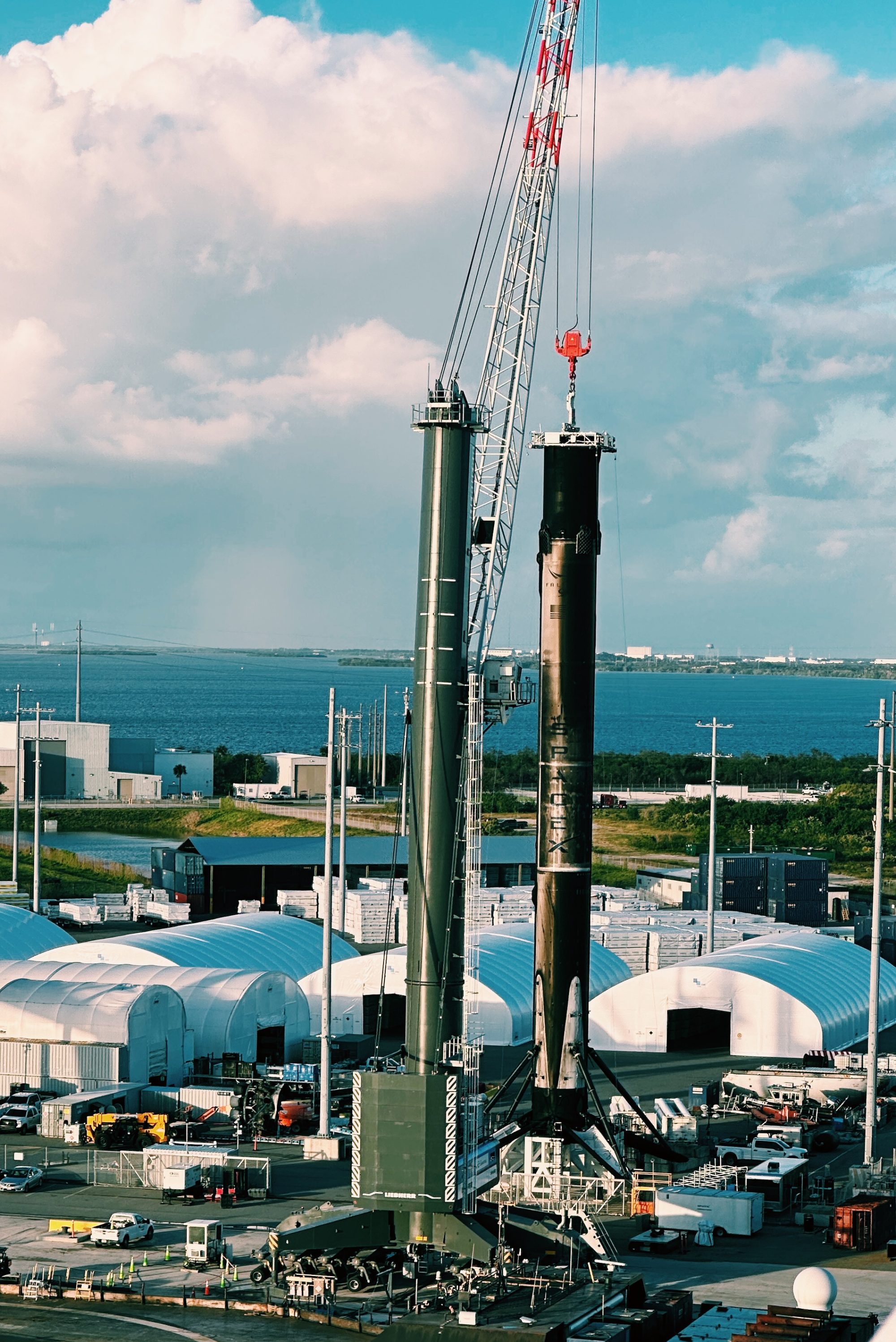Evaluation is necessary. We learn from mistakes.
Take every opportunity to properly, strategically and appropriately gain feedback.
Create space for people to do a job and understand what’s successful and what’s not.
Good work is growth.
‘Much learning earns you much trouble. The more you know, the more you hurt.’
Ecclesiastes 1:18 MSG
When I started working at Bay Hope Church, Monday afternoons quickly became one of my favorite times of the week. Every Monday at 4 PM, we held our “production meeting,” where everyone involved in our weekend services gathered to review what was planned for the upcoming weekend. But while the meeting ended with logistics, it always began with something even more important—celebrating wins and evaluating areas for improvement.
Maybe I’m unusual, but I was fascinated by this process. We started by acknowledging the “wins”—what went well. At first, I loved this part, but over time, I realized I already knew what was working. After leading worship for a while, the wins became predictable. What truly intrigued me was what came next: the evaluations—the “what didn’t go so well.”
I relished the opportunity to hear from others about how things could improve. Not because I always agreed with them or felt obligated to act on every piece of feedback, but because I learned to detach my ego from the process. At a certain point, you realize that criticism isn’t an attack—it’s an opportunity. The more I embraced this, the more I became interested in how others experienced the same event differently and how we could bridge those gaps to create something better.
That’s not to say I’m immune to defensiveness. I still want to do well. I still want to please people. I still want to walk away from an event knowing I did a great job. But I’ve learned to make peace with the fact that mistakes will happen. And when they do, the feedback will sting. It will expose things I already know went wrong, and sometimes things I didn’t even notice. But in the end, it will push me toward a more refined, more successful outcome.
redefine failure.
This mindset shift is one of the reasons I admire SpaceX so much. I’ve always been captivated by space exploration, but if you study what it actually takes to get there, you’ll realize it’s not just dangerous—it’s incredibly difficult from every angle. The technology is complex, the financial burden is astronomical, and for decades, innovation was stifled by bureaucracy and political posturing.
For years, NASA’s progress was slow, not because of a lack of intelligence or ambition, but because of the sheer weight of governmental oversight and outdated processes. Then along came Elon Musk—a complicated figure, to say the least—who had the audacity to challenge an industry dominated by some of the most powerful entities in history: the U.S. and Russian governments.
Despite overwhelming skepticism, SpaceX revolutionized space travel. The cost of sending a kilogram (or 2.2 pounds because…America) into space dropped from $54,500 under the Space Shuttle program to as low as $2,000 today. Perhaps their most astonishing achievement, however, was essentially perfecting reusable rockets. Their Falcon 9 boosters don’t just launch then burn up in the atmosphere as they plummet back to Earth, the way that most rockets have done for over half a century—they return to Earth and land with pinpoint accuracy, often on an autonomous drone ship floating in the middle of the ocean. For reference, the Falcon 9 is as tall as a 20-story building. With over 400 successful booster landings and a 99.32% success rate, their accomplishments are undeniable.
But none of this happened without failure.
SpaceX has endured relentless skepticism, ridicule, and spectacular setbacks. Unlike traditional aerospace organizations, they don’t see failure as something to be avoided—it’s something to be embraced. Their philosophy is simple: build rockets fast, launch them often, analyze what goes wrong, and iterate quickly. They even coined the term “RUD”—”rapid unscheduled disassembly”—as a way of redefining failure. To them, an explosion isn’t a disaster; it’s data. Every failed landing, every unexpected outcome, every so-called “mistake” is a step toward success.
They even compile videos of their failed launches—not as an embarrassment, but as a celebration of progress. Every failure ensures that mistake won’t happen again.
growth is uncomfortable.
Personally, I do not like discomfort. Everything I own, think and am motivated by whether because of my own personality type or how culture is structured bends toward reducing the time spent in uncomfortable situations. The tension between problem and resolution can be a weight that is difficult to bear all too often.
However, If you’re striving for something worthwhile, expect setbacks. Expect failures. Expect moments where you feel like everything is falling apart.
It won’t feel good. In fact, it often will be painful.
Pain teaches us. It molds us. It shapes how we think and how we feel. It shifts both our mindset and our empathy. As we learn from mistakes, we develop patience—not just for ourselves, but for others who will inevitably make the same missteps. No one gets through life unscathed.
When we embrace feedback, we not only improve ourselves, but we create environments where others can grow as well. Identifying problems early and often prevents them from becoming unmanageable. Surrounding yourself with people you trust—people who will give you honest feedback—can be difficult, but it’s necessary. Not just for your own development, but for the benefit of those you lead.
We cannot let the fear of feedback hold us back from growing in the things we love.


Failure is data. Love that 🔥